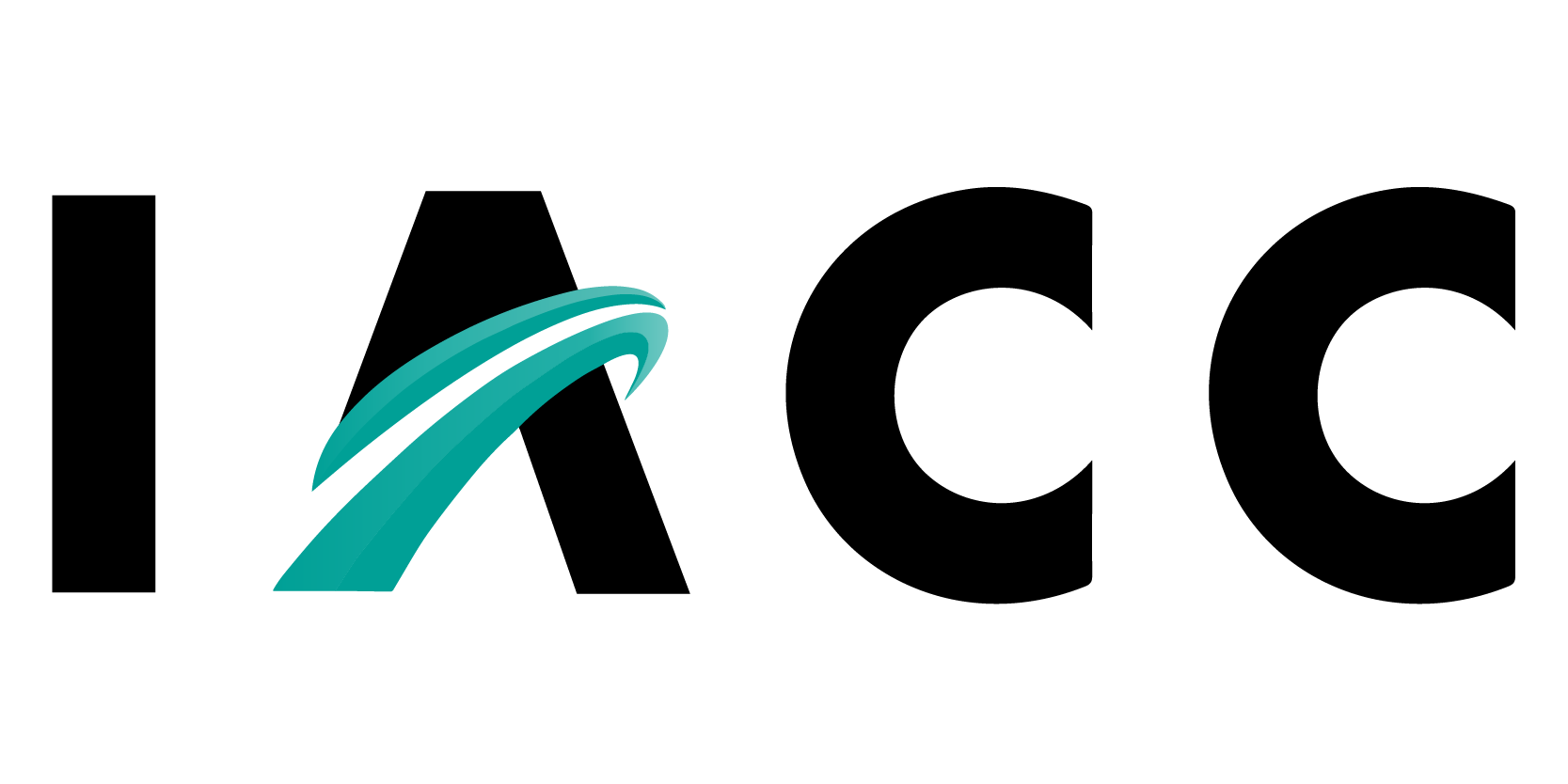Will a side hustle hurt or help your career?

Let’s be honest right off the bat: some people are “side hustlers” and some are not. And it’s not always a matter of what your primary job is, how much it pays, or how many hours you work. And no, it doesn’t have to mean selling your soul to a janky multi-level marketing organization. Successful side-hustle people I know include a doctor of emergency medicine who carves out one weekend a month to train medical expert witnesses, a schoolteacher who writes childrens’ novels, a real estate agent with a pop-up bakery, and a lawyer who moonlights as a personal stylist.
What are the benefits of a side hustle?
Are you suffering through a job you despise? Lots of people do, whether because they fear loss of stability or because the job options are limited where they live, or for any number of other reasons. If you happen to have something you love that you can feasibly do on the side, it can be soul-saving. Let’s say you’re a personal assistant to an executive who isn’t exactly the pinnacle of kindness, and you spend your days wishing you could be home with your quilting project. Your friends are amazed by the quilts you make for new baby gifts and always say “You should sell these!” Well hey, maybe you should. If you have a craft or a skill that gives you pleasure and can also bring in a little dough, why not give it a try?
Not all side hustles are major money makers, but they can be. Do you have on-camera charisma and (for instance) a passion for makeup? You really can make money with a social media channel if you have the patience to build a platform and attract an audience. Some people come home from their job in finance, and instead of binge watching Hulu, they devote an hour or two in the evening to creating videos showing how to get six different looks out of a three-color eyeshadow palette or reviewing moisturizers.
Some side hustles can expand your skill set in ways that directly improve your performance at your primary job. Maybe you’re a corporate accountant who spends more time with Excel spreadsheets than with humans, and you discover that helping individuals create retirement plans on the side makes you think more creatively about how to make money serve people in more direct ways.
So if you are asking yourself if you have the makings of a good side hustle, the main questions to ask yourself are:
- Is this something I care about, am excited about, or love? If the answer is no, you might want to stop right there. Save your energy for your main gig, and look into getting a new main gig if your current one is bumming you out or not covering your expenses.
- Is my idea scaleable? If you can raise and lower the intensity of your side-gig as needed, great. If it’s as big a commitment as your primary job, that’s not a side hustle; it’s “having two jobs.”
- It is easy (and/or fun) for me? Look, it takes effort and patience and perseverance and work to launch any side biz, even if “the thing” comes naturally to you. But what comes naturally to you is often going to be the most fertile area for side-hustle ideas. Whether it’s throwing pottery, doing reiki, debunking fad diets on social media or designing herb gardens, if it’s something that just seems to flow out of you, that’s a good sign that you might have a workable side hustle.
What are potential side-hustle drawbacks?
Your side hustle might distract you from your primary job, which can be irritating to your manager or, in some cases, dangerous (and by “dangerous” I mean everything from conflicts of interest and other legal issues, to actual harm to projects or people because you’re spaced out). Some people are confirmed uni-taskers. If you are one, a side hustle will turn you into a ball of stress and a possible powderkeg, so Know Thyself.
Your side hustle might suffer from your primary job suddenly becoming more intense. If you’re in the middle of the “building a brand or platform” phase of your side-gig, your reputation can suffer (this can be especially true in businesses where people place orders for physical products, or in instances like that makeup YouTuber who needs to put out a consistent stream of quality content to attract fans).
Your side hustle might accelerate burnout. If you’re already running on fumes at work, tasking yourself with getting four wedding photography gigs a month might be the last straw even though you love photographing weddings. Make sure you have reasonable expectations and self-care practices that really work for you.
Some side hustles have significant startup costs, and if your primary objective is to increase your income, that can be a recipe for major stress if you don’t have investment money at the ready. A friend of mine is currently building a sideline career as a jeweler, and so far she’s spending far more on materials, training, and access to tools than she earns selling the pieces she makes. Her stuff’s amazing and I have no doubt she’ll be in the black eventually, but she’s definitely putting stress on credit cards at this early stage. Not everyone can do that, and not everyone should. Be realistic with yourself about startup costs.
How do I know if I can handle a side hustle?
Well… none of us really knows until we try it. But some of the typical through lines are:
- You’re high energy. Some people need more downtime than others, and there is absolutely nothing wrong with that. But if you are a “hibernator” who needs abundant unstructured time to recharge, a side hustle might make you a little bit nuts. If you are more of a “human hummingbird” type and at your best when you’re making things happen, you’re well suited for a side gig.
- You are a time management and executive function genius. Effective side-hustlers are organized. Really organized. Being an investment banker and an event planner in tandem means if you cannot retain command of a huge number of time sensitive details, you’re likely to crash and burn at one or both of your jobs.
- You have a special skill, talent or personal passion. Often, this talent or passion might be something obscure or “random” seeming, though certainly not always. Maybe you’re a blockchain programmer by day but your other love is boudoir photography and you have a knack for making women feel beautiful and confident. Maybe you’re a Chief Technology Officer who geeks out on mushroom foraging and you want to spend your weekends guiding shroom-noobs so they can tell the difference between a tasty chanterelle and a barf-inducing jack-o-lantern. Maybe you work in IT by day but long to renovate closets on the weekends. Maybe your day job is massage therapy and you’d like to add a side of yoga instruction. If there is something you’re good at, people will tend to value it, especially if it’s a skill they themselves lack.
Should I tell my boss about my side hustle?
If you have to, as in, if the rules of your workplace demand it, then definitely. (You might not want your boss googling “makeup tips for redheads” and finding your YouTube empire if you’re in an ethical gray area not mentioning your other gig.)
And hey, if you want to, and you have a good relationship with The Boss, go for it, but bear in mind it can make them feel a little threatened (it can give them the idea that you’re restless at work and a possible flight risk) and you should choose your words in a way that reassures them. Such as, “It will not interfere with my day job,” or “this will remain a hobby side gig.” (Oh, and bosses worry about you using company time and resources—your company issued laptop for example—so assurances there, too.)
Or… if you’re very crafty you might be able to choose your words in a way that prompts them to offer you a raise; who knows? One of my clients was a management consultant with a recruiting side gig. Her boss found out—and asked her to integrate recruiting into their consulting practice! And then asked her to run that division. A life coach working at a private university in the admissions department was asked by the Dean to start a coaching program for the students. Talk about a win-win. There are definitely times when your manager will see your side gig as an asset, not a threat.
Generally, though, unless it’s a conflict you are required to disclose, you might be well served to keep it a little close to the vest. If nothing else, please, please, please don’t ever use your side hustle as an excuse for why your primary job deliverables are late. Not a good plan.
Is career coaching a good side hustle?
Well, I’m biased because it’s my full-time career, but I’d say yes… if you’re the kind of person who’s a likely good fit for the profession. If you pursue training for career coaching you’ll probably know pretty quickly if you want to take it on as a side gig or if you want to move into doing it full time.
Let’s say you’re a long-hauler in a tech career and inching toward retirement. Up and coming people in your field might really benefit from your wisdom and insight! Or let’s say you’re a therapist and genuinely committed to being someone who helps others. Career coaching can be an amazing adjunct to that.
If you happen to be in management, a sideline as a career coach can not only give you a meaningful, purposeful way of serving others—it can seriously up-level you in your primary job. You’ll understand hiring from the applicant side of the equation, and get clearer vision on how to utilize your team members’ skills more meaningfully. All of which will tend to improve your team’s effectiveness and make you look like even more of a management rockstar.
Career coaching is flexible. You can make a few hundred extra dollars just taking a handful of clients for résumé revisions. Or a couple thousand by picking up just one or two clients and meeting with them in the evenings to help them zero in on their ideal career path.
As with many of the other side hustles mentioned in this article, generating interest in your business through marketing and sales is the most common obstacle for those that career coach as a side hustle. That’s why it can be helpful to join an association of coaches, like the International Association of Career Coaches who offer marketing and sales support for career coaches.
Career coaching can frankly also be a lucrative field for someone who has the right temperament and is committed. Coaches can make healthy incomes while helping others to thrive in their work—honestly, it’s pretty great. If you’d like to find out how great it might be for you, as a sideline or a primary career, hit us up!
